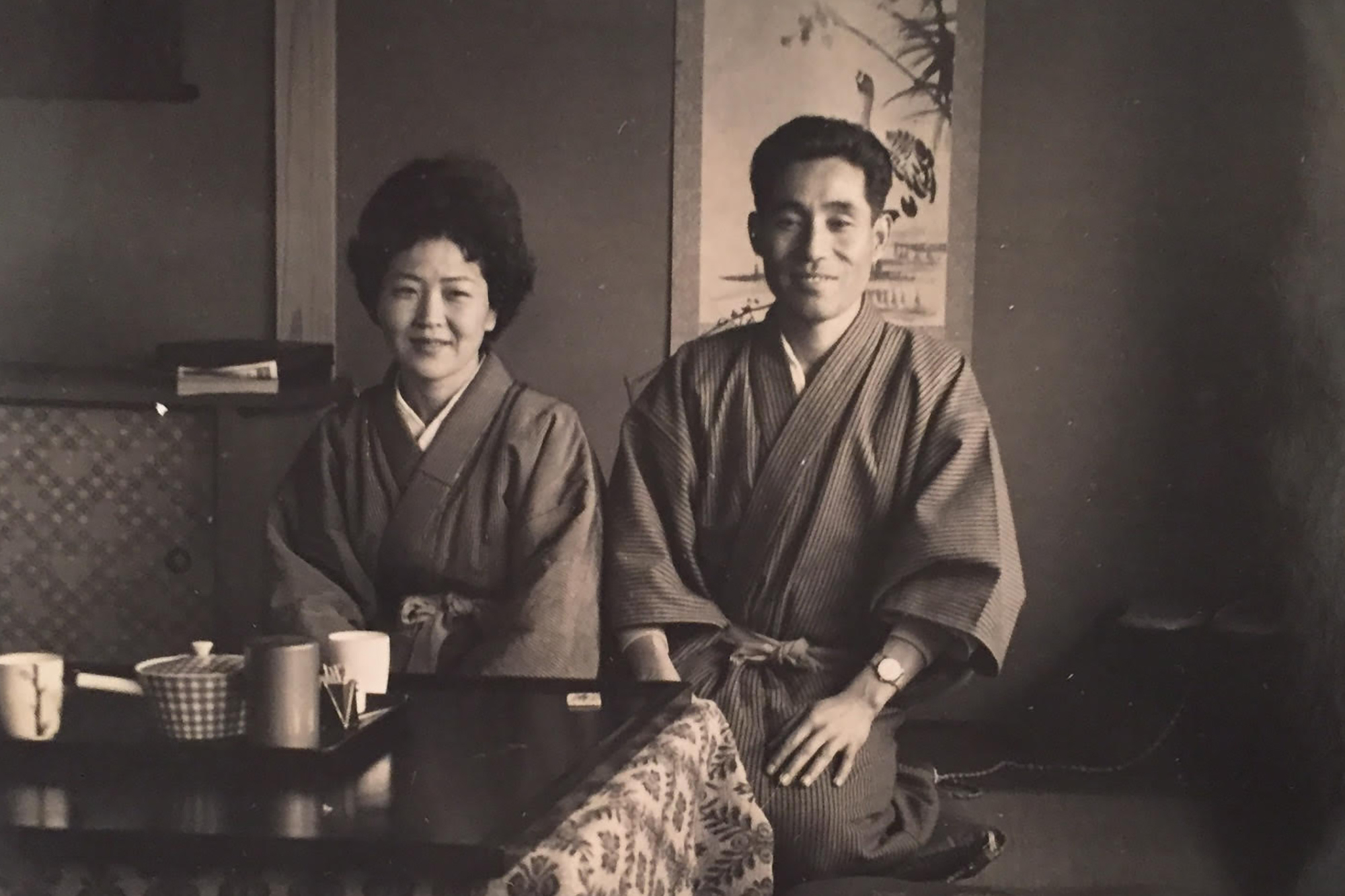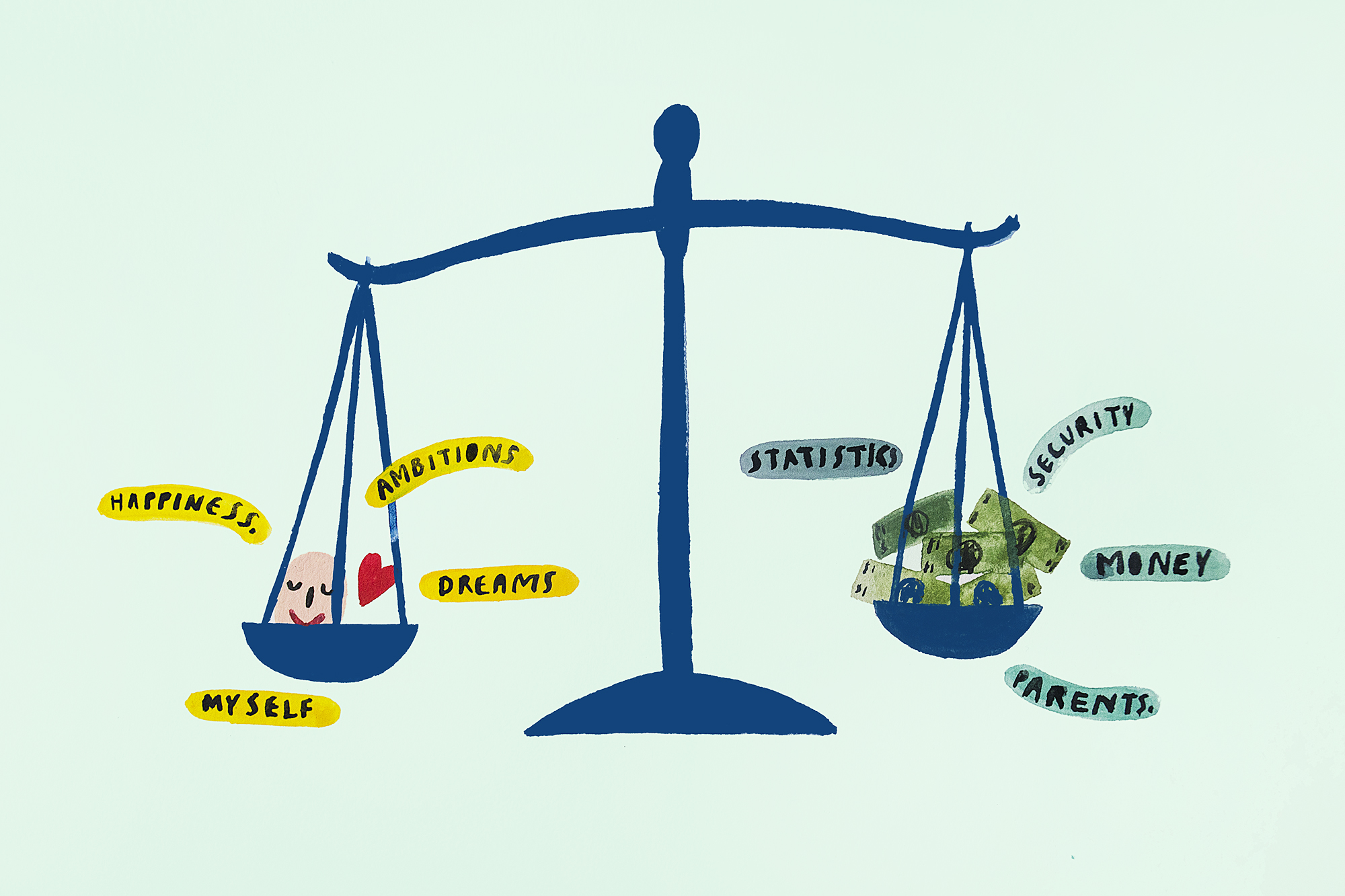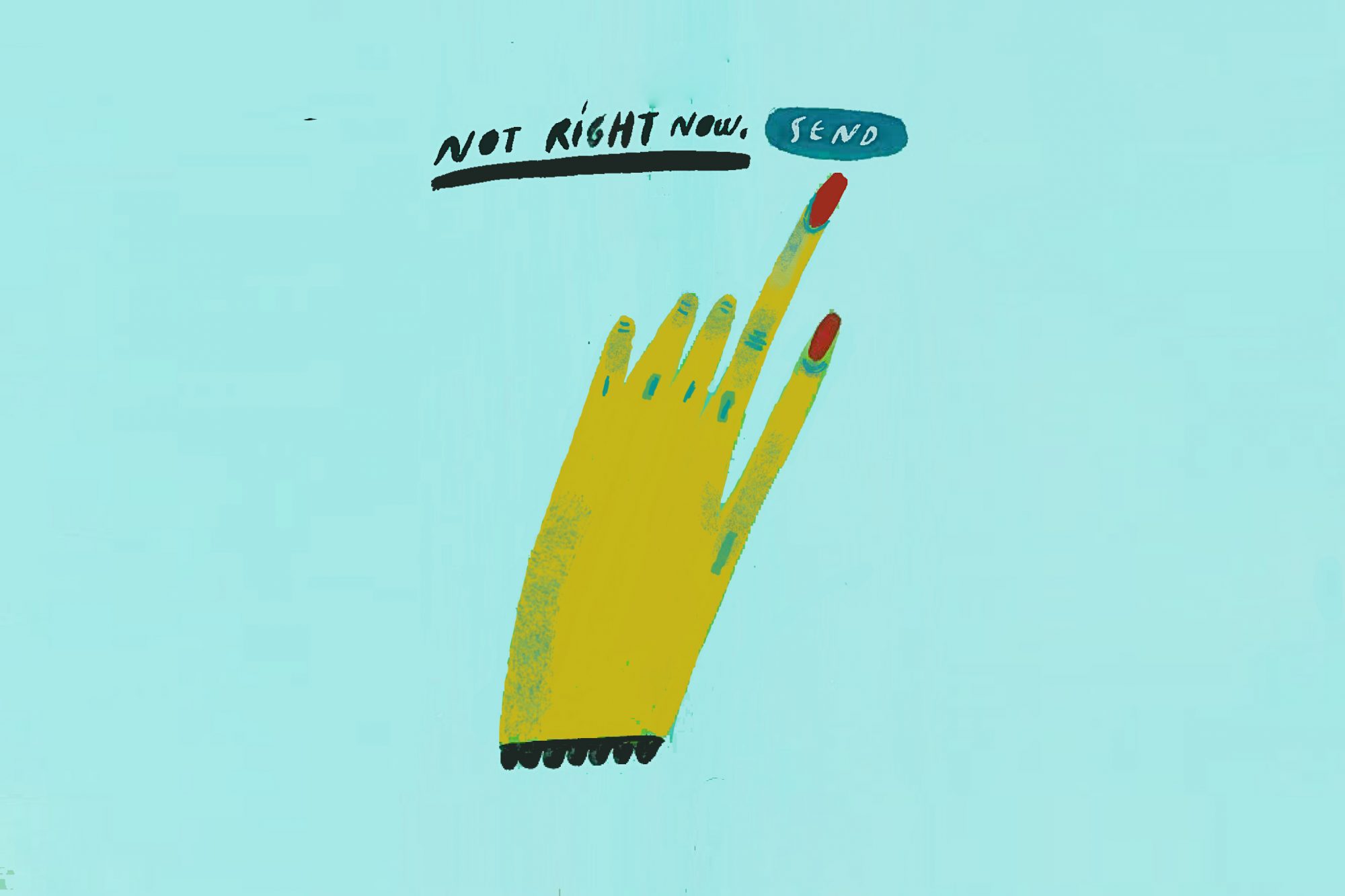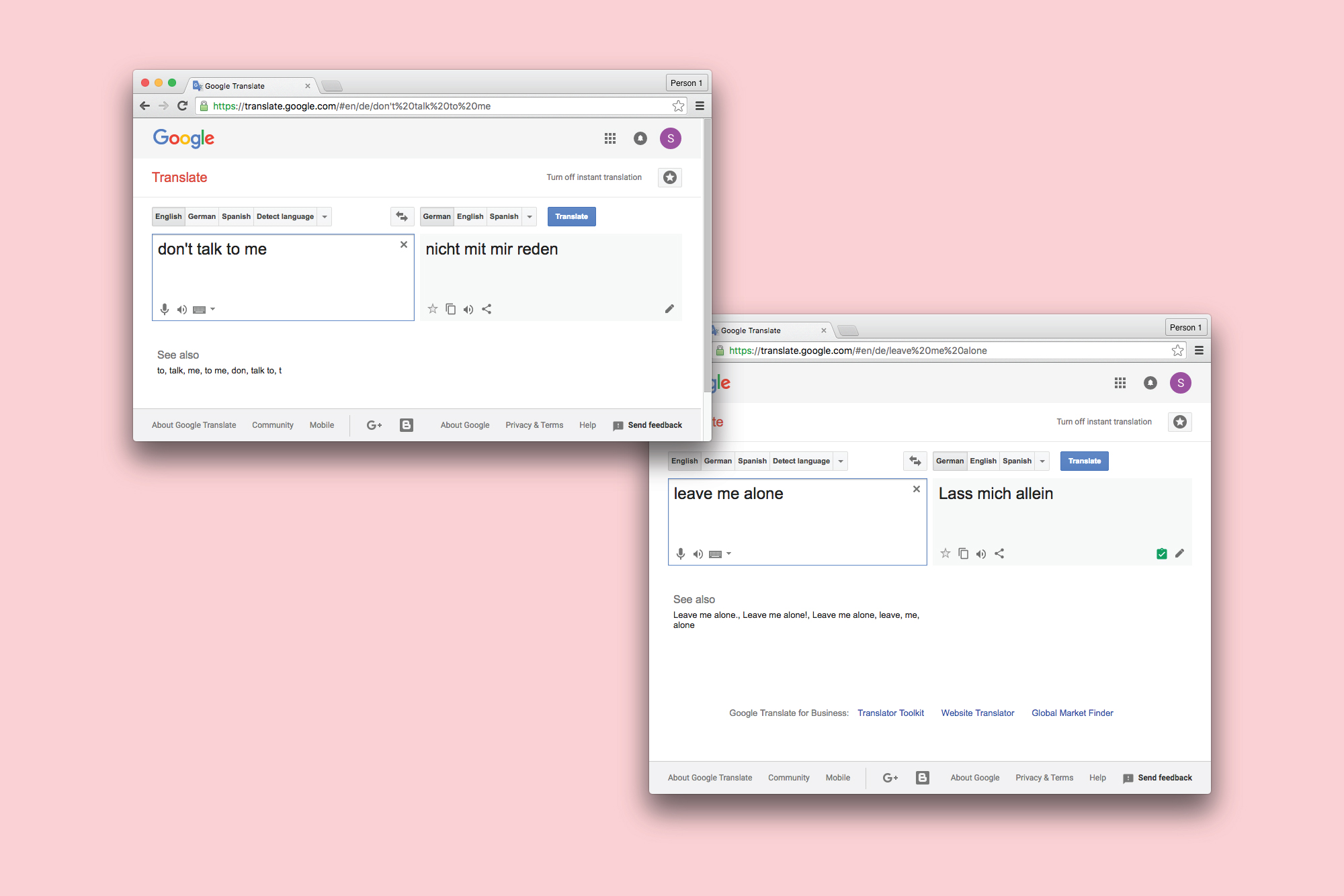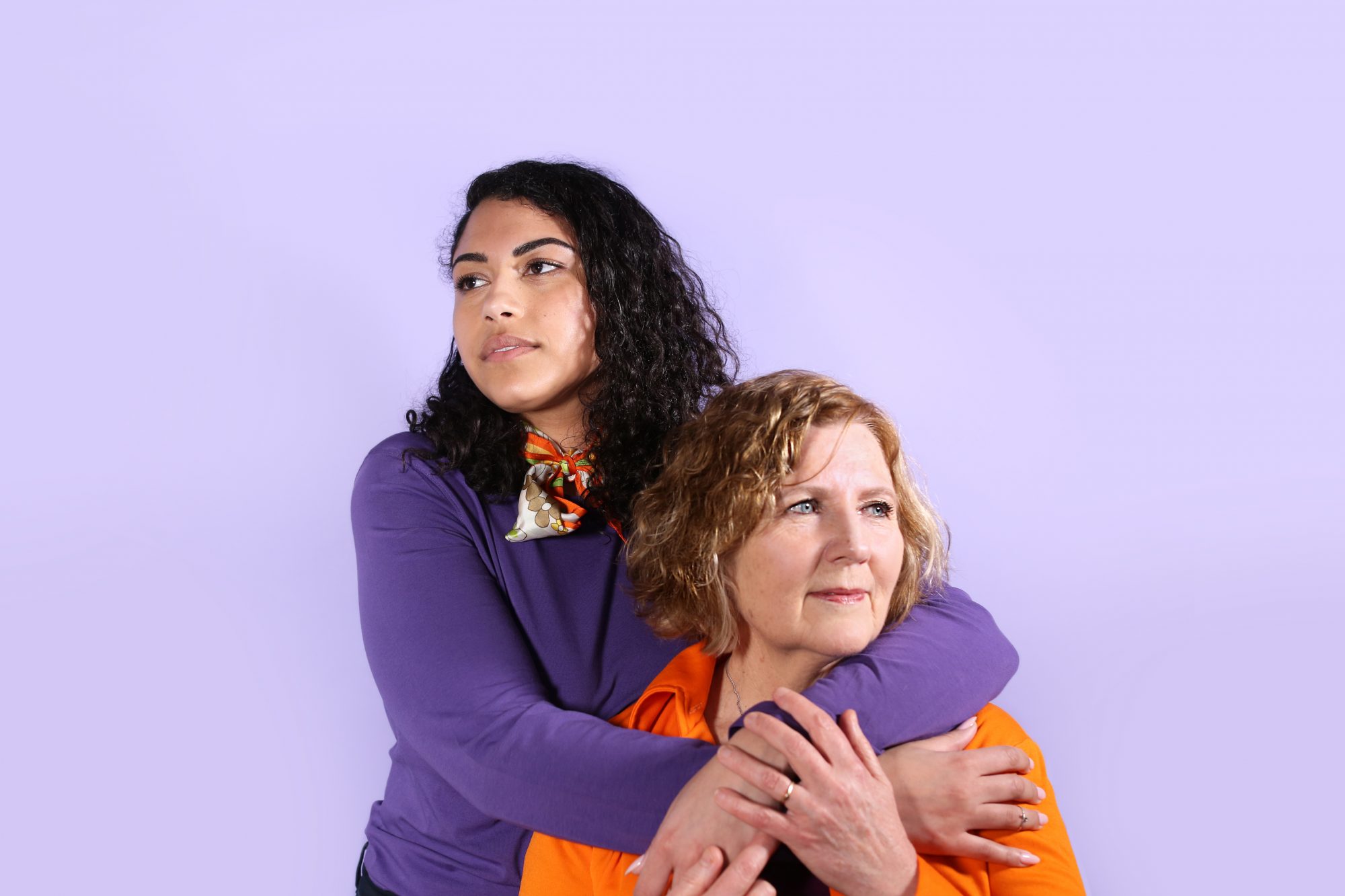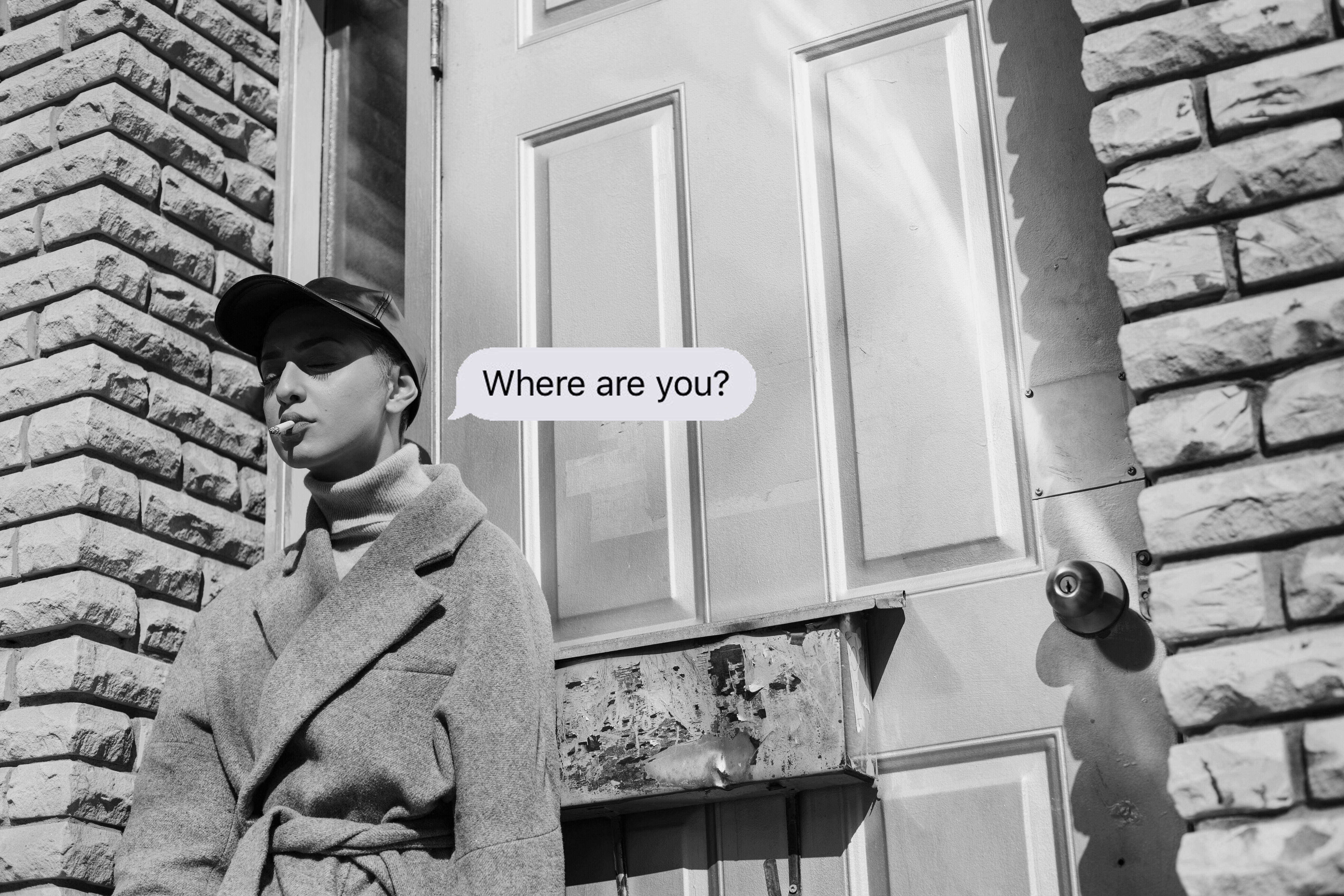culture
Did You Make It Home Okay?
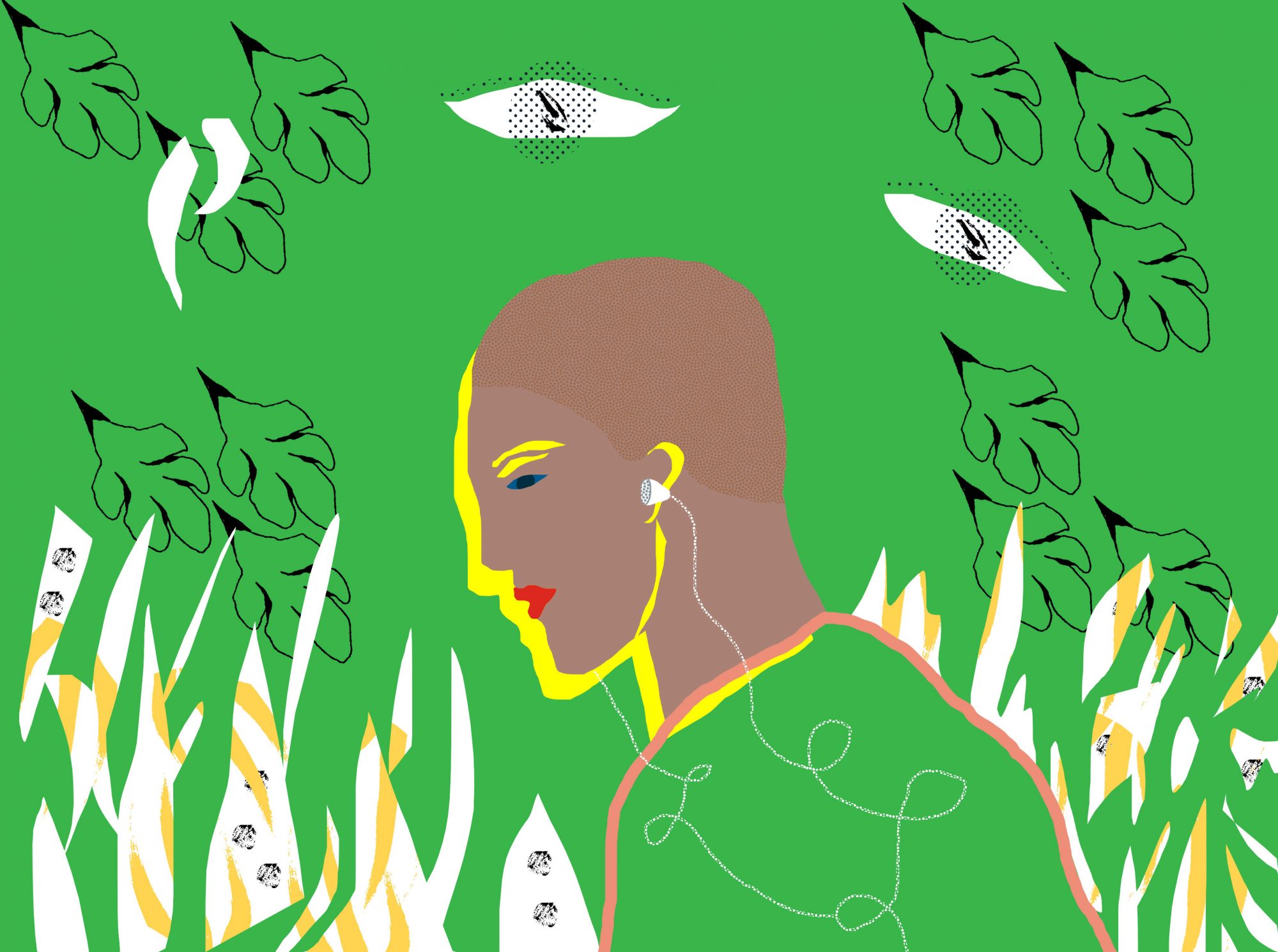
Lately, I’ve been fascinated with the prospect of plant communication. I’m learning about how plants can send biological messages to each other via clouds of chemicals they produce and can even warn others of danger. This vast network of invisible biochemical communication all around me is astonishing. How could this be happening constantly, and I couldn’t catch the slightest glimpse into this secret world of botanical wonder?
This cautionary communication between plants, distress signals and defense mechanisms, seemed all too familiar. There is another form of invisible communication happening all around us: the imperceptible and unspoken “girl code” of women protecting each other in public space.
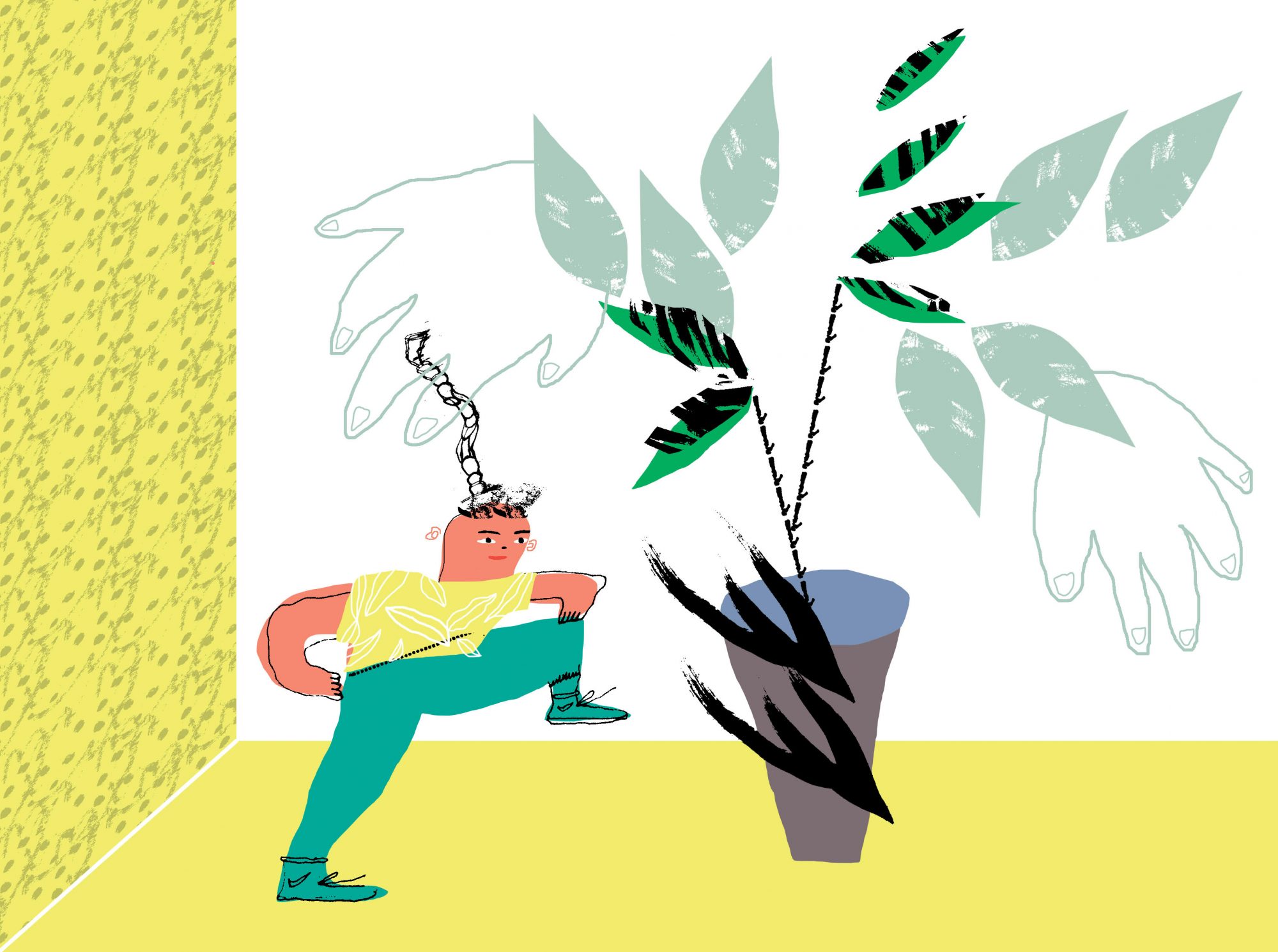 Illustrations by Kendra Yee
Illustrations by Kendra Yee
To understand how to mount protection of others, it is necessary to first understand how to protect oneself. Plants know this; detecting danger is an important first step to reacting, and both plants and women do danger checks often. For example, a plant that is being threatened by an insect will ramp up its chemical defenses to harm the predator, or to protect itself from further damage. Similarly, as a woman in public, you must often read situations as potentially dangerous and produce a plan or reaction. I put my headphones in, keep my eyes to the floor, and hope they keep walking past me. I’m going to pretend to answer my phone, so that they won’t come over to talk to me. I’m going to dial 911 and hold my finger over the call button until they leave.
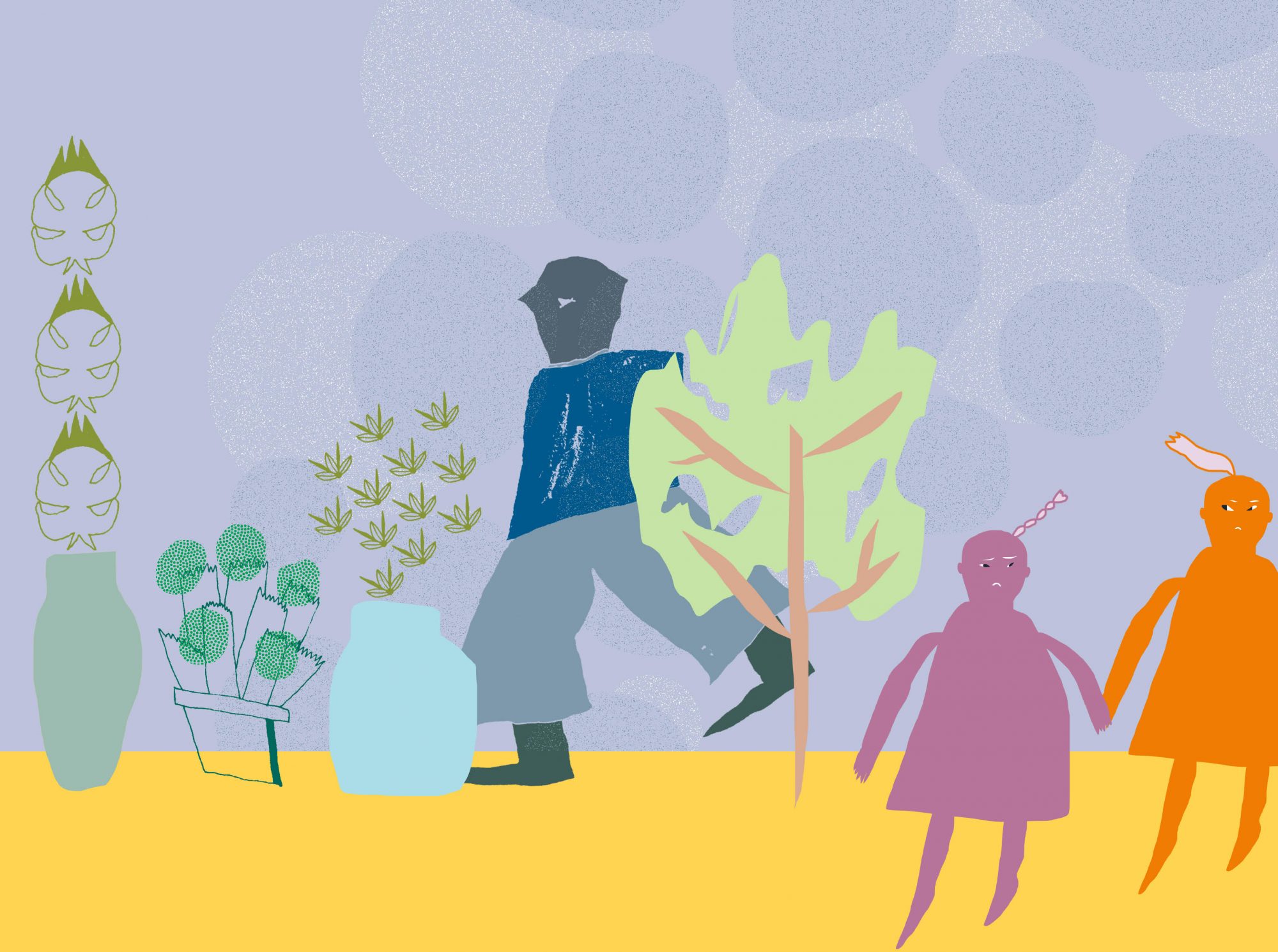
Plants can communicate these dangers across boundaries of distance or even species (insects, birds, and tortoises can also read the chemical clouds). They show solidarity and a need for protection of the collective by broadcasting these warning signals. Women understand the same need for protection of each other, because frankly, who else is going to look out for us? That feeling of being unsafe as a woman is as infectious as the chemical clouds plants produce – you can feel it in the air. I’ve seen it so many times. I’m on public transit and I hear a man yelling. Suddenly, I look around at all the women on the subway car and they look at me — secretly sharing that same anxiety — all without a word exchanged between us.
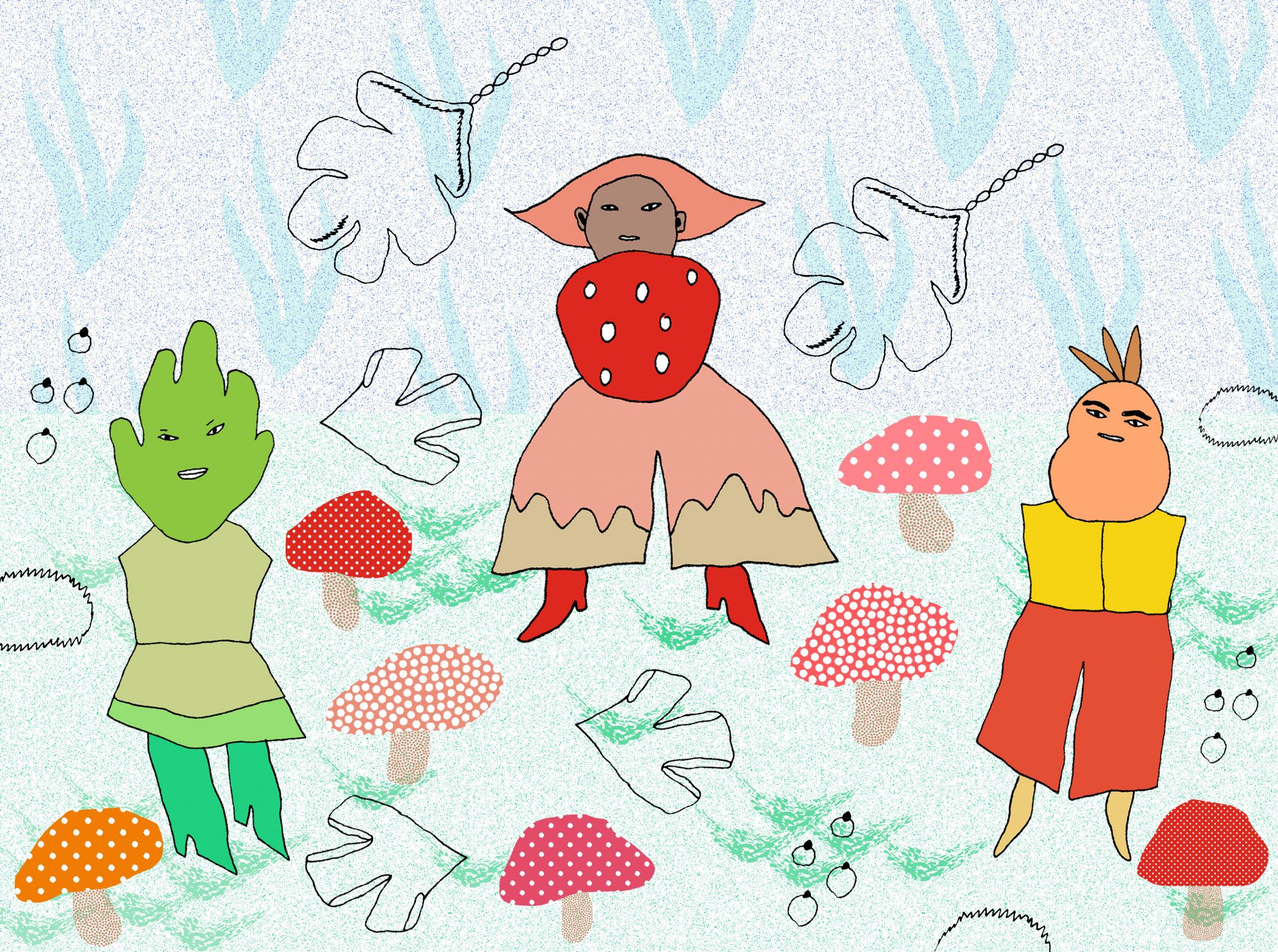
Solidarity is an important step towards collective strength and growth. Plants unite and share nutrients and information through networks of mycelium (fungus roots) that can connect thousands of them together. Simply being a part of the network of mycelium makes the plants stronger, boosts their immune systems, and gives them quicker defense response times. It is clear that women rarely feel completely safe in public, but like the plants and fungi, we know the value of strength in numbers.
Simple actions like calling or texting a friend your location, or walking at night in groups can make a world of a difference for personal safety and anxiety levels. I’ve seen strangers walk up to a woman being harassed in public and pretend to be their friend just so they are not alone. It doesn’t matter if you know her, because she is there for you in that moment. Plants are so often a metaphor for women: fertile, flowering, thorny, poisonous – can’t you see that we had to live up to it?
Kate is a cross-disciplinary designer and craft lover, known to worship at the shrine of minimalism, and gaze lovingly at the moon. You can follow her on Instagram to see more of her work!






